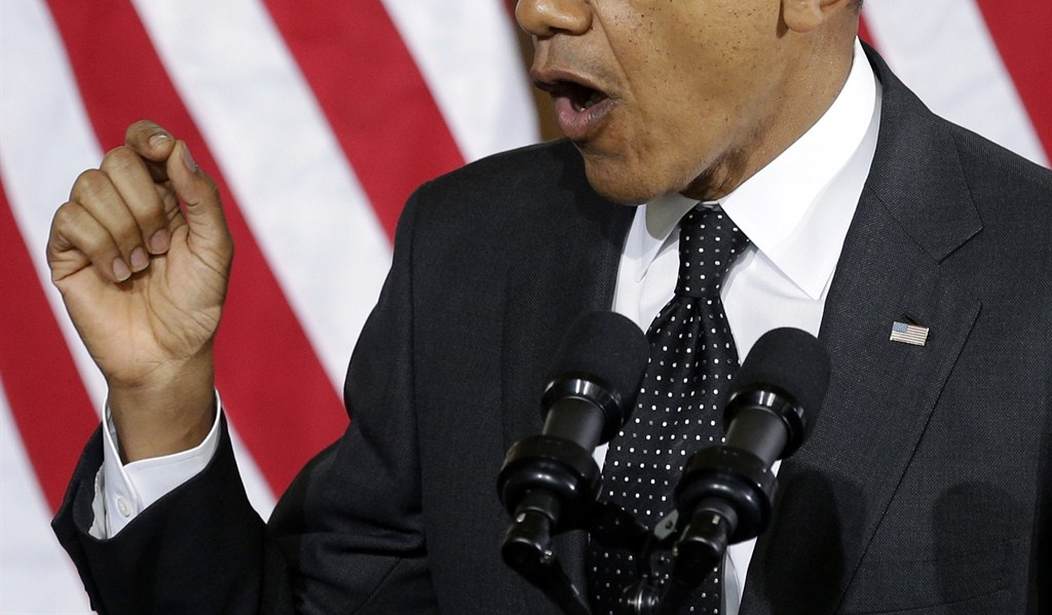"A simple recipe for violence: promise a lot, deliver a little. Lead people to believe they will be much better off, but let there be no dramatic improvement." The brilliant political scientist Aaron Wildavsky wrote these words in 1968 while America was engulfed in race riots and anti-war protests. Sadly, his words from long ago eerily describe the politics of 21st-century America.
President Barack Obama and his recent predecessors have been good about promising a lot but delivering little.
The current crusade to raise the minimum wage is a perfect example. Regardless of whether or not it makes sense, the impact doesn't measure up to the problems it is supposed to solve.
Will it help reduce poverty? Perhaps a bit. The Congressional Budget Office estimates it will lift 900,000 people out of poverty over the course of a few years. But the government says nearly 50 million people are officially living in poverty. So, raising the minimum wage might help about 2 percent of the poor move from just below the poverty line to just above it. And the people it helps are not the ones who need it most. The poorest of the poor lack jobs of any kind.
Back in 1968, Wildavsky said such symbolic political gestures create "minus-sum games in which every player leaves the contest worse off than when he entered." In the case of the minimum wage, Obama could fail to accomplish his goal and disappoint his base. However, when symbolic issues pass, it can be even worse because "it soon becomes clear that nothing has changed."
Recommended
Minus-sum games are the norm in American politics today. Issues are raised, and symbolic solutions are proposed. If the proposed solution doesn't get passed, the losing team gets angry. If it does get passed, nothing changes.
The problem of promising a lot and delivering little is especially true of the president's health care law. Symbolically, it was supposed to insure the uninsured, reduce costs for everyone else, and improve service. There were no downsides in the symbolic version of the plan. If you liked your insurance or your doctor, you were told you could keep it.
Now that the law has passed, the reality doesn't measure up. Even those who have experienced little disruption are disappointed solely because the promises were much loftier. The president led people to believe they would be better off, and they're not. Not surprisingly, national frustration with the law is growing daily.
Obama, of course, is not alone in this approach. Republicans do it, too. They continually rail against government spending but fail to propose anything more than symbolic gestures to slow down the growth.
The core problem is that both political parties in Washington promise that the federal government can fix every problem. But the truth is it can't. To solve the challenges before our nation, we need an all-hands approach that unleashes the creativity and resources of individual Americans, community groups, churches, small businesses, state and local governments, and more.
This will certainly mean a smaller role for the federal government, but it will put the problem-solving responsibility where it belongs -- with the American people.

























Join the conversation as a VIP Member